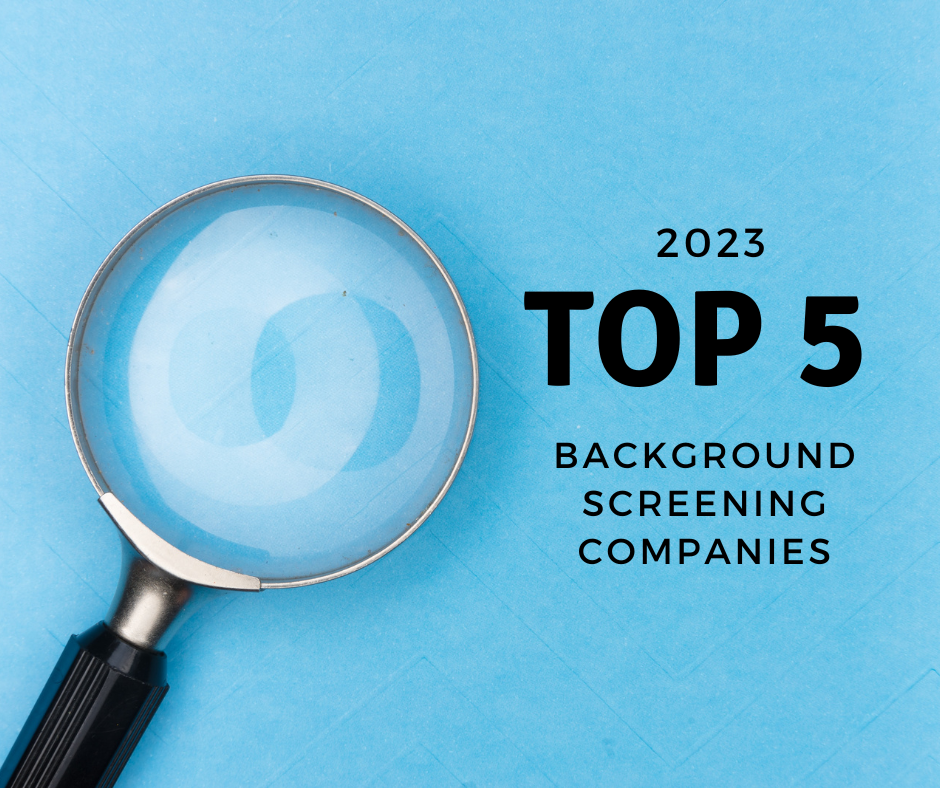Most organizations perform criminal background checks on employees as part of their due diligence. But what about investigations beyond criminal history? Are you currently verifying education, work history, and references?
What You Need to Know About Verifying Resumes
As a Human Resources professional, screening applicants is an important part of your hiring process. Even if someone does not have a criminal history, there may be past behaviors that make an applicant not the right fit for your company. How can you find this out? By extending the background check to include verification of their professional career before they sought employment with your company.
Startling Statistics Resume fraud is a hot topic in HR right now. And for good reason. Research and studies have shown that many applicants may be embellishing resumes or even worse, straight out lying.
Here are some startling statistics:
- 53% of job applications contain inaccurate information (SHRM)
- 49% of managers polled said they caught an applicant fabricating some part of their resume (CareerBuilder)
- 34% of applications contain outright lies about experience, education and skills (Wall Street Journal)
Because a resume is not itself a verifiable document, applicants have begun to take creative license. While some resume fibs may seem trivial like dates of employment, many can be very serious.
References: Stop Passing the Trash References are an essential part of ensuring you are hiring the right applicant.
But how thorough are your references? Must references be supervisors or are co-workers okay? Just as important as what you ask is who you ask. A supervisor can give you details on if the applicant met goals, adhered to policies and can advise if the person is rehire eligible. A peer could add insight into the person’s daily activities and interpersonal skills.
Streamlining the Process Much of the verification process is time and resource intensive.
It may take multiple phone calls to verify work history and contact references. Additional processes may need to be followed to verify education like submitting payment or making formal requests to institutions. Unless you have a full time staff member who works solely on verifications, these tasks are simply overwhelming.
One option to streamline the process is to outsource verifications to a third party, who may have a dedicated team that does nothing but verify.
With a third party, you can typically customize the experience as needed, including asking specific questions or only accepting certain types of work history or references. Third parties also are experienced in spotting the fakes from phony diplomas to invented workplaces. Most importantly using a third party can speed up your onboarding process, helping you put qualified applicants to work faster.
All of these checks and balances are necessary because ultimately it’s your responsibility to ensure that those hired are reliable, good hires. Consider revisiting your policies today, or creating some if you currently don’t verify.
Contact us today to learn more on how BIB can help!



